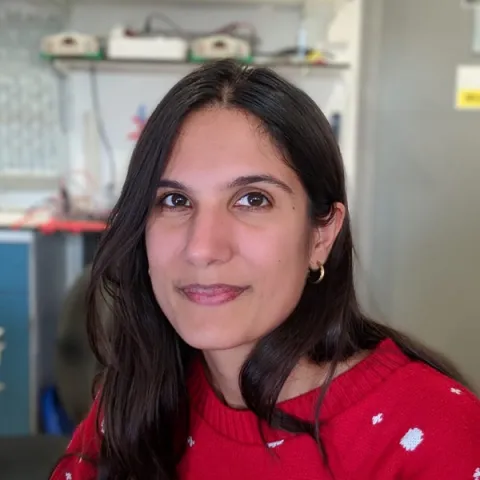About the project
This project combines human organoid models with computational tools to understand how unfamiliar biological or chemical exposures affect early development. You will work across experimental and AI-driven approaches to build a system that can predict developmental vulnerability and support future health-protection and defence-readiness efforts.
The aim of this project is to understand how unfamiliar infectious, chemical or environmental agents disrupt the earliest stages of human development, and to build tools that allow these effects to be predicted quickly and reliably. Recent events, such as Zika and COVID-19, showed how little is known about how new agents influence implantation and placental formation. In defence and humanitarian settings, there is a particular need to assess developmental risk rapidly, especially when exposures may be accidental or deliberate and where traditional animal testing is too slow or unsuitable.
The project will use two complementary approaches.
- first, you will work with blastoid and trophoblast organoid models that recreate key events in early development. These systems allow controlled exposure to stresses that mimic viral, metabolic or oxidative challenges.
- second, you will leverage transcriptomic and spatial-omics data from these experiments (and others in the public domain) to refine AI models of early developmental pathways. Together, the experimental and computational components will form a predictive framework capable of highlighting which developmental processes are most at risk from a given type of exposure.
This is a genuinely interdisciplinary project, co-supervised by researchers with expertise in AI-driven modelling and in organoid systems.
You will gain experience in stem-cell culture, multi-omic data generation, machine-learning approaches, secure data environments and responsible innovation.
The project sits within active research programmes and offers opportunities to engage with Defence Medical Services and other partners.
By the end of the PhD, you will have developed skills that span laboratory work, data science and applied health-protection research.

